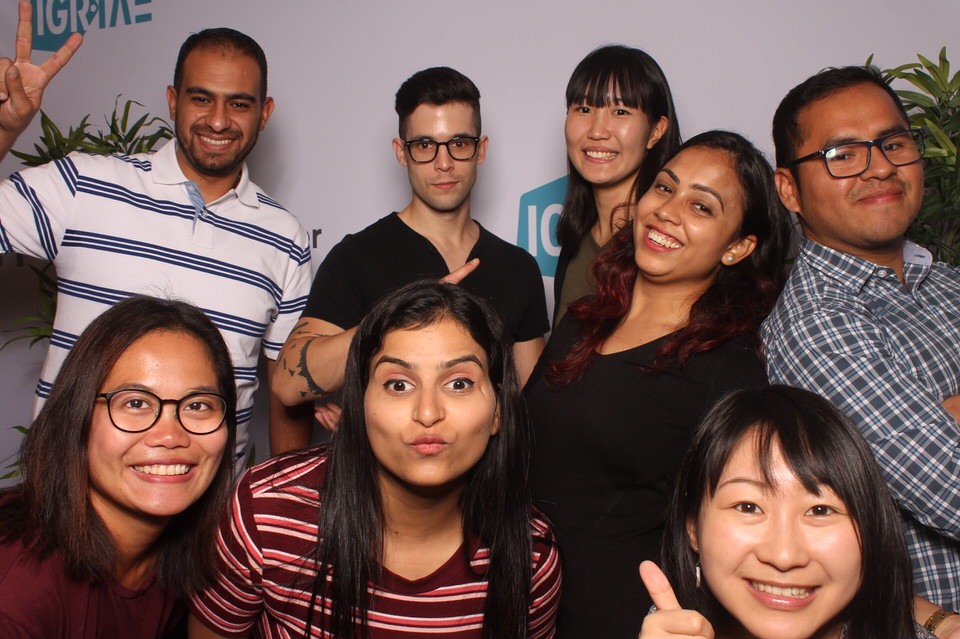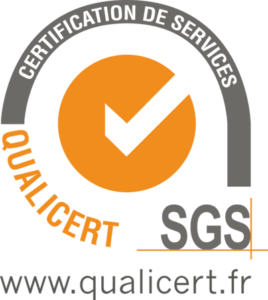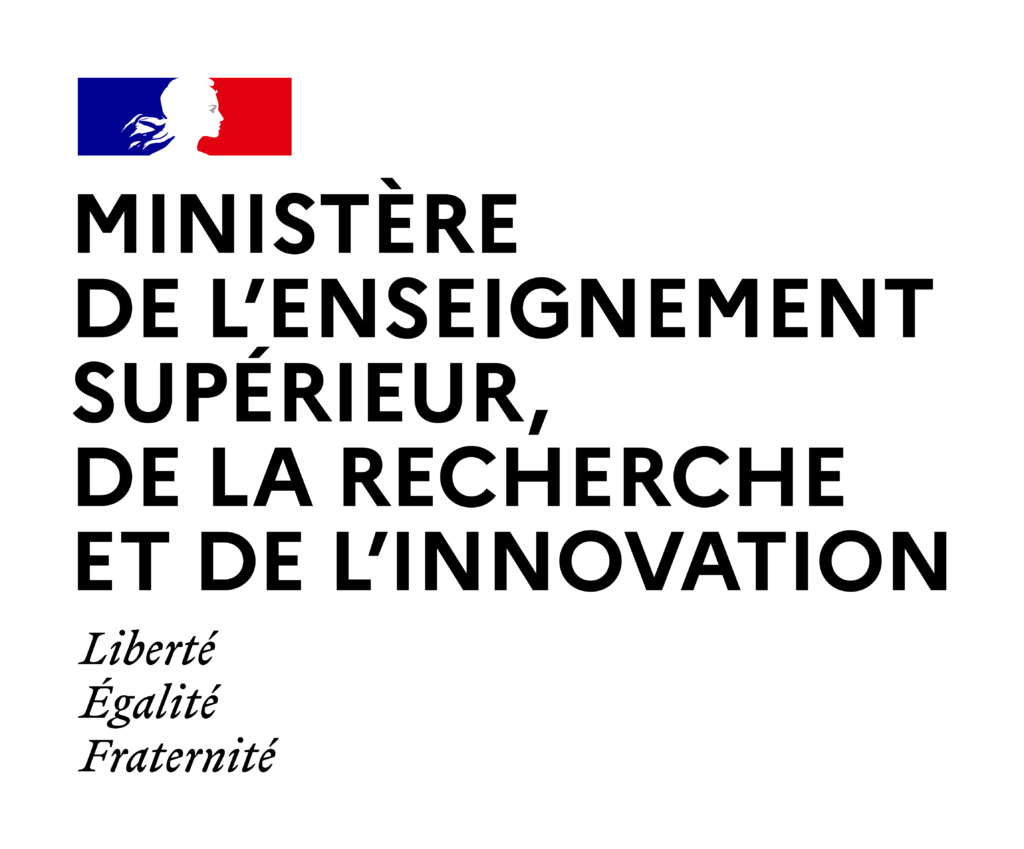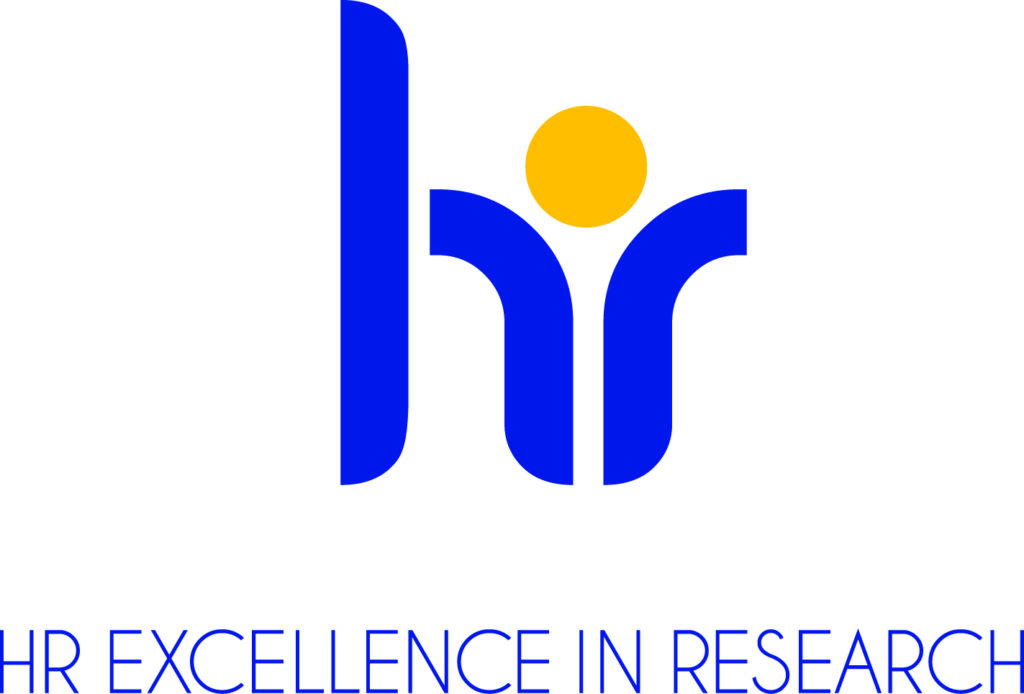Home / Arriving at IGR-IAE
Arriving at IGR-IAE Rennes
Welcoming international students and sharing valuable information is at the very heart of our commitment for international relationships. It is essential to plan your daily life in Rennes, to think ahead of all the details you may need. This is what the exchange student and international student coordinators will help you achieve!

Pre-arrival check-up
When you have been nominated to our School as an exchange student, you should begin preparing for your stay in France :
Apply for a visa
If you need a visa, apply for it at the nearest French embassy or consulate as soon as you have received the letter of admission.
If your country is part of the Etudes en France procedure, your visa application will be included in the process.
Make travel arrangements
Travel arrangements
Make sure you arrive at least one or two days before the beginning of courses. If you have been assigned accommodation through the University of Rennes 1, be careful about the CROUS residence opening hours. We strongly advise that you request the help of a buddy to help you settle in. You program coordinator will be in touch about that offer several weeks before your arival.
Keep in touch with us
Inform your program coordinator:
- Master programs: igr.international-degree@univ-rennes.fr
- or exchange student coordinator: igr-international-incoming@univ-rennes.fr
of the your arrival date.
If anything changes in your travel arrangements (delays, difficulties…) always stay in touch with your coordinator and your appointed buddy.
Insurance
Arrange a temporary health insurance, which will be useful until you sign up for the regular Student Health Insurance plan after your registration at IGR-IAE Rennes. If possible, buy your “accommodation insurance” (insurance against loss and damage) before you leave your home country. It will be demanded by the CROUS residence or by your private landlord.
European Union citizens should get the European Health Insurance Card from their national social security authority.
Prepare documents
What should I bring from home?
• National identity card for UE students or passport with a visa (if required) and copies
• European Health Insurance Card and its copy (if applicable)
• Letter of admission from IGR-IAE Rennes
• At least 2 passport-sized photos
• Original birth certificate, international or translated into French or English, and its copy (if you want to apply for the Housing Benefit)
• Your medical prescriptions
Administrative and practical information
Students admitted to a French institution of higher education are subject to the CVEC fee, which helps finance on-campus programs. The fee is € 100for the academic year 2023/24. Answers to all your questions by clicking here.
It is mandatory to submit the CVEC payment receipt in order to be allowed to register.
Exchange students are not expected to pay for this fee.
Registration to the University will be finalized after the CVEC document (if applicable) has been submitted, original documents have been checked, and upon payment of any remainder of tuition fees (Master students).
When the registration is completed, students receive instructions on access to the ENT (student portal) and Wi-Fi connection.
Two computer rooms (with printers) are accessible to students.
Thanks to the University’s wi-fi service, laptops can be used anywhere in the building.
All students have a university email account, where they will receive information from the administration (class organization, exams information…), their professors, or student associations. It is important that students check their University email account regularly in order to keep informed of what is going on at IGR-IAE.
All foreign students have to arrange their own health insurance, third-party liability insurance, accommodation and baggage insurance. Adequate coverage for medical costs is essential. After registration at IGR-IAE, students can register on the National Health Insurance system which gives basic coverage for major expenses.
It is important to buy additional insurance in order to cover other risks, such as hospitalization.
Accommodation insurance is mandatory. Students will not be allowed to access their accommodation until they show proof of insurance.
A cafeteria is located on the ground floor of IGR-IAE, where students can have snacks, sandwiches and light meals. They can have a regular three-course meal at one of the CROUS-run dining halls located next to IGR-IAE.
Students accommodated in the CROUS residences will be able to cook meals in the shared kitchens located on each floor of the buildings.
In Rennes you will find restaurants and eateries of all kinds with varied foods, including the famous Breton “galettes” and “crêpes”.
In order to be able to study serenely and get the most out of their study experience in Rennes, France, we advise students to plan carefully their budget in advance and be conscious of the full cost of their study project in Rennes. That way, once in France, they will not have to worry as much about their finances.
Although studying in Rennes is cheaper than in Paris, and although each student has his/her own lifestyle, it is important to consider all the hidden expenses. For instance, upon arrival you may have to buy kitchenware, bed linens… which will add up with all the expenses you will have to face during your first month in France.
- In case you expect to receive a scholarship, be also aware that the payment may take several weeks. Also, the CAF benefit application may take several weeks to be validated and the first payment to be effective.
Moreover, have listed the major and unavoidable expenses throughout the year which should help you get organized before your arrival:
- The list does not include cultural and recreational expenses (concerts, transportation…) and students’ general entertainment
- For a more specific breakdown of expenses in Rennes, check the Numbeo website (https://www.numbeo.com/cost-of-living/in/Rennes) or the Campus France website (https://www.campusfrance.org/en/preparing-budget-student-France) .
So, keep all the above in mind and take your time to research your financing options, plan your budget and apply to any scholarships and grants you may be eligible for!
Every year, the international office coordinates a network of French IGR-IAE Rennes students willing to welcome our international students upon their arrival.
The IGR-IAE Rennes buddy program is designed to help international students meet motivated French students who will greet them upon their arrival (pick up at the airport or railway station, help with accommodation paperwork, tips…) and help them get a good start in their new life in Rennes.
Depending on the situation and seriousness of the health problem, it should be handled differently. Here is a recap of your possibilities
Contacts
Pom Jactin
Incoming exchange students coordinator
Tél. +33 2 23 23 60 06
Cecilia Thomas
Program Coordinator
Tél : +33 2 23 23 47 92
Aymeric Lachiver
Program Coordinator
Tél : +33 2 23 23 77 79











